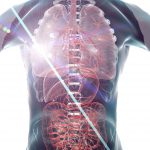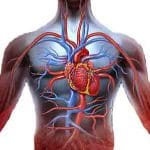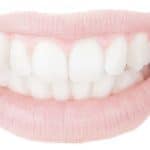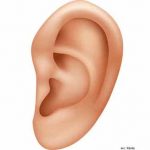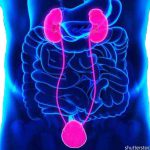Dental Treatment recommendations after organ transplantation (german guideline)
31 October 2021
| This information is primarily intended for practitioners (physicians, dentists) involved in organ transplantation to facilitate coordinated care by the otherwise separate disciplines. The text is an abridged version of a detailed German guideline (here). Find recommendations for patients before transplantation here. |
|
Dental therapies in the first six months after the organ transplantation.
Dental therapies more than six months after organ transplantion.
After Kidney Transplantation
After Liver Transplantation
After Lung and Heart Transplantation
At Rejection Reaction
|
|
| Author(s) | Source |
| Heider J, Al-Nawas B et al. | S2k-Leitlinie AWMF-Registernummer 083-035, Oct 2021 – Oct 2026 (german original) |
| This is a post of a scientific or business information. The information given here is checked thoroughly by “Implant-Register”. However we can´t be responsible for the content. The content usually is shortened to make it understandable for many. Read the linked original text if you are interested. Contact the publisher, if you have questions. You may inform us about changes of the information to improve the Register. | |
| Comments: n/a let us know |
|
Find NEWS and PUBLICATIONS here according to your interests or use the search box.

